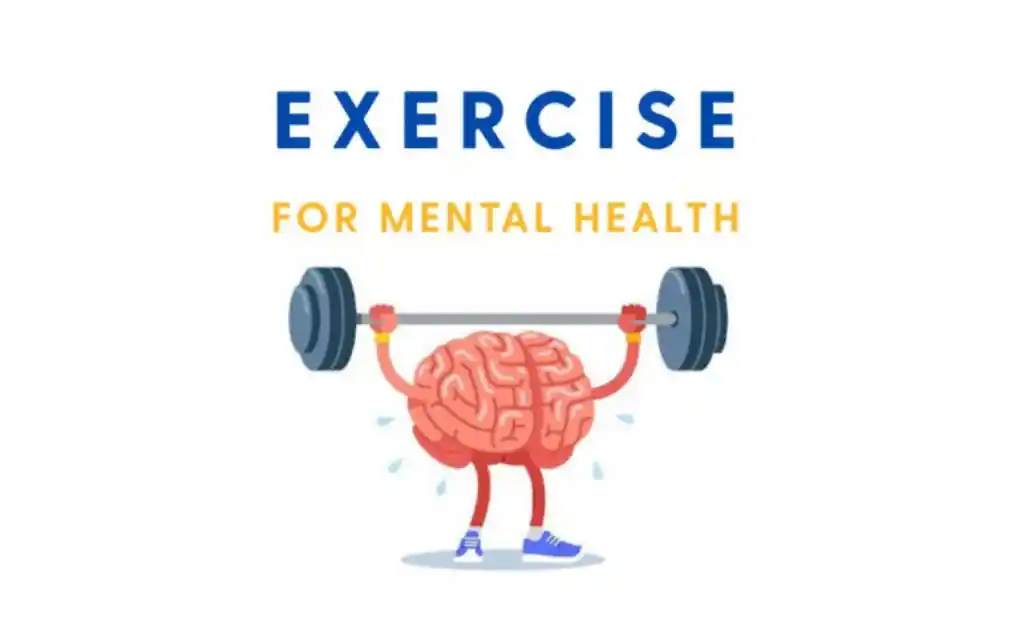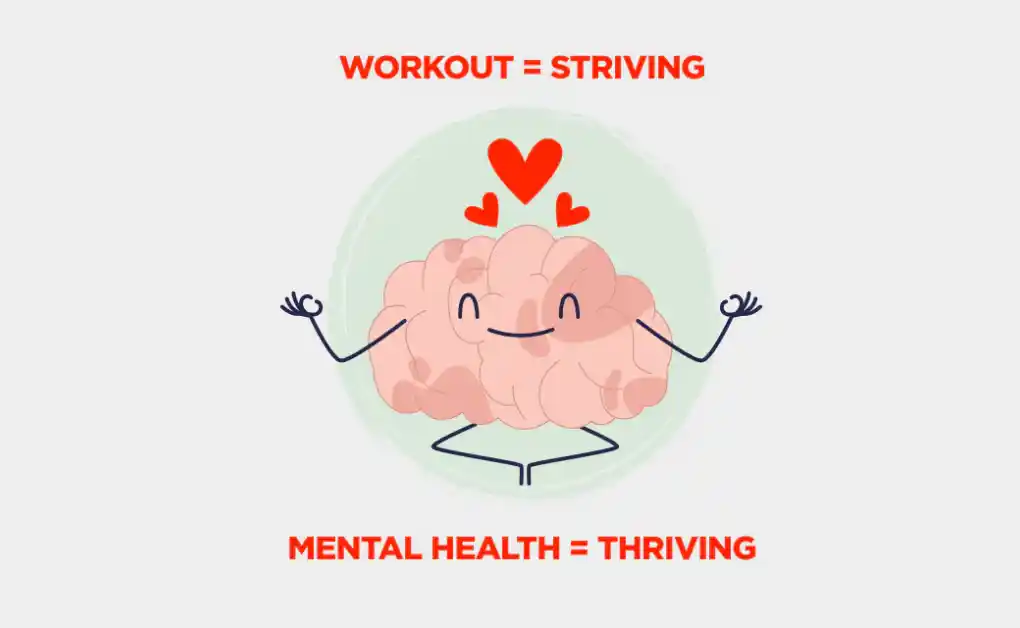The Benefits of Regular Exercise for Mental Health
In today’s fast-paced world, we often focus on our physical health, but mental well-being is just as important. One of the most effective ways to boost your mental health is through regular exercise. While many people associate exercise with building strength or losing weight, its positive effects on mental health should not be overlooked. Let’s dive into the benefits exercise offers for your mind and emotional well-being.

1. Reduces Stress and Anxiety
Life’s daily pressures can leave us feeling stressed and overwhelmed. Physical activity is a powerful stress reliever. When you engage in exercise, your body releases endorphins, which are natural mood boosters. Endorphins help reduce stress by increasing feelings of relaxation and calm. Regular exercise also lowers the level of stress hormones like cortisol, allowing you to feel more at ease and in control of your emotions.
2. Improves Mood and Combat Depression
Exercise acts as a natural antidepressant. Studies show that regular physical activity can alleviate symptoms of depression. It helps by increasing the production of serotonin, a neurotransmitter that plays a significant role in mood regulation. Whether it’s a jog around the block, a yoga session, or a dance class, moving your body can lift your spirits and provide a sense of accomplishment.
3. Boosts Self-Esteem and Confidence
One of the most noticeable benefits of regular exercise is the improvement in self-esteem. As you get fitter, stronger, and more energetic, you begin to feel better about yourself. Achieving small fitness goals, whether it’s increasing your stamina or lifting heavier weights, can create a sense of pride and boost your confidence. This positive impact on self-image is essential for good mental health.
4. Enhances Cognitive Function
Exercise doesn’t just benefit your body; it’s great for your brain, too. Regular physical activity improves cognitive functions such as memory, focus, and problem-solving skills. It increases blood flow to the brain, which enhances brain health and protects against cognitive decline. For those who struggle with mental fog or find it difficult to focus, exercise can clear the mind and help you think more clearly.
5. Better Sleep Quality
A good night’s sleep is crucial for mental health, and exercise can help you get it. Physical activity increases the production of melatonin, a hormone that regulates sleep. It also promotes deeper and more restful sleep, making it easier to fall asleep and wake up feeling refreshed. When your body is well-rested, you’re more emotionally resilient and better equipped to handle daily challenges.
6. Social Interaction and Support
Exercise can also have social benefits. Whether you’re attending a fitness class, going for a run with a friend, or participating in a team sport, physical activity provides opportunities to connect with others. Positive social interactions and support networks are key factors in maintaining good mental health. Exercising with others can help you feel more motivated, build friendships, and foster a sense of belonging.
7. Reduces the Risk of Mental Health Disorders
Regular exercise has been shown to reduce the risk of developing mental health disorders like anxiety and depression. It can also be an effective part of a treatment plan for those already dealing with mental health conditions. Studies indicate that exercise can be as effective as therapy or medication for managing mild to moderate depression and anxiety.

How Much Exercise Do You Need?
You don’t need to be a marathon runner to enjoy the mental health benefits of exercise. Even moderate physical activity can make a difference. Aim for at least 30 minutes of exercise most days of the week. This can include activities like walking, swimming, cycling, or dancing. Find an activity that you enjoy and stick with it, as consistency is key to reaping the full mental health benefits.
Conclusion
Exercise is a simple, yet powerful, tool for improving mental health. Whether you’re looking to reduce stress, enhance your mood, or boost your self-esteem, regular physical activity offers a wealth of benefits. Make it a part of your routine, and you’ll likely notice improvements in your emotional and mental well-being in no time. Your mind and body will thank you for it!
FAQs
1. How does exercise benefit mental health?
Exercise helps release endorphins, often called “feel-good” hormones, which reduce stress and improve mood. It also lowers cortisol levels, combats anxiety, enhances self-esteem, and boosts cognitive function.
2. Can exercise help with anxiety and depression?
Yes, exercise is a proven way to manage symptoms of anxiety and depression. Regular physical activity increases serotonin levels and promotes relaxation, helping to alleviate these conditions.
3. What types of exercise are best for mental health?
Any form of exercise can benefit mental health, but activities like walking, jogging, yoga, swimming, and dancing are particularly effective. The key is to choose an activity you enjoy and can do consistently.
4. How often should I exercise for mental health benefits?
Aim for at least 30 minutes of moderate exercise most days of the week. Even short bursts of physical activity, like a 10-minute walk, can positively affect your mental well-being.
5. Can exercise replace therapy or medication for mental health conditions?
While exercise can be a powerful tool, it may not replace therapy or medication for everyone. It is often used alongside other treatments for conditions like depression and anxiety. Always consult with a healthcare professional for personalized advice.


